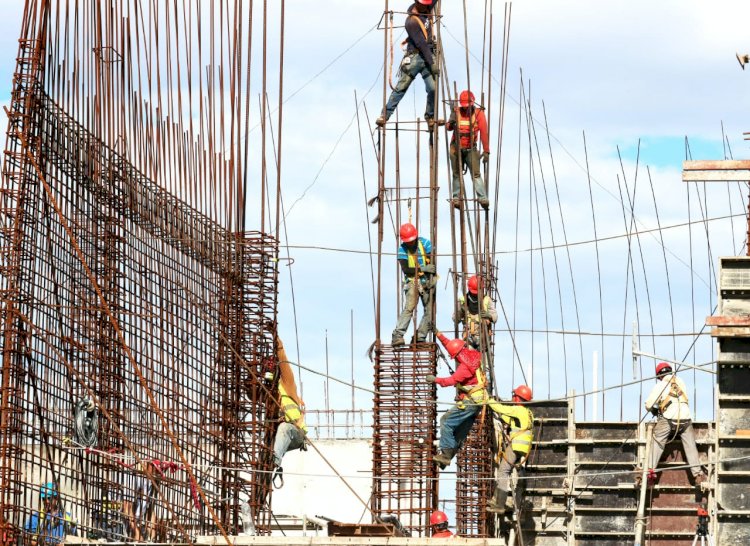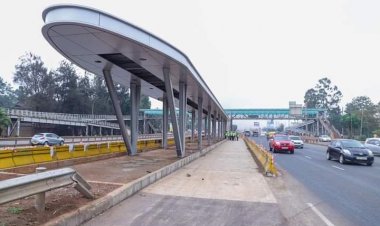Does the Government Encourage Private Public Partnerships?
Private-Public Partnership (PPP) is when the government collaborates with a private party in which the private party bears significant risk and management tasks. This kind of partnership enables the government to reduce the allocation of public resources and diversify risks while keeping the projects afloat.

This kind of partnerships has been embraced by the government while coming up with projects, like the case of Kisumu Port a project by the World Bank, which entailed developing the Kisumu Port into a modern sh.22.5 billion commercial Lake Port that aims at serving the growing trade in the East African Community Region (EAC) on a Building Operate Transfer (BOT) basis.
PPP has also been used by the government to achieve its project like the case of the Big 4 Agenda Program by the president. It is evident enough from this program that housing is an important amenity. Due to the constant growth in population housing has become a major challenge. The housing deficit in Kenya is mainly felt by the low-income population.
While the government has tried to respond to it, through the developing of slums and redeveloping of old council estates, forced evictions in relation to these infrastructural developments are also now a new challenge.
What are the Benefits of PPPs?
The responsibilities of the private sector could entail finance, design, construction, operation, management and maintenance of the project PPPs improves infrastructure such as roads, bridges and public transport systems.
In terms of social infrastructure PPPs in sectors such as schools, prisons and hospitals and additionally, this partnership has enhanced investments in the real estate sector by providing a legal framework for legal issues in real estate. The partnership ensures accountability especially in fulfilling contract deadlines of real estate projects.
While some projects may be more politically or socially challenging to introduce and implement than others-particularly if there is an existing public sector workforce that fears being transferred to the private sector if significant tariff increases are required to make the project viable if there are significant land or resettlement plans made worse by corrupt individuals.
Public-private partnerships have in the recent past ensured a steady financial flow in that projects were completed sooner than expected.
Through insurance, private and public companies prevent risks associated with wrong policy decisions in real estate. In the same vein, PPP enhances access to essential services.
While it is okay for the government to adopt the PPP model, if not well planned, many risk delivery that meets requirements at lower costs.
Therefore the government should also look for other alternative financing options such as revenues from taxes, service and user fee charges.
And also to achieve the housing agenda, achievable development budgets need to be drafted.

































